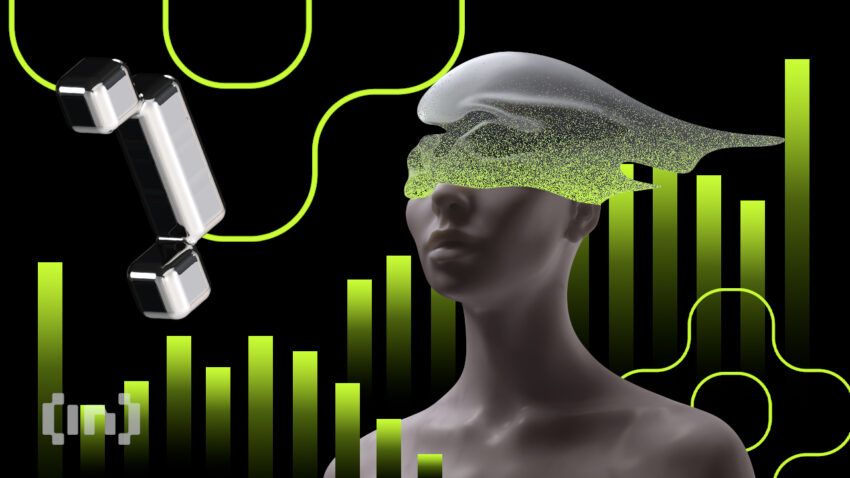Members of the European Parliament (MEPs) and the Council have reached a historic agreement on the Artificial Intelligence Act.
According to the legislation, it aims to set the stage for safe, ethical, and responsible AI use in Europe while ensuring that fundamental rights, democracy, and environmental sustainability are protected.
Europe AI Regulations Aim To Strike ‘Delicate Balance’
In a recent statement, it outlines that the agreement signifies a delicate balance. This is between fostering innovation and securing safeguards against potential risks associated with AI.
The new regulations address a range of concerning applications of AI, including the prohibition of biometric categorization based on sensitive characteristics such as political or religious beliefs.
Additionally, the legislation puts a stop to the untargeted scraping of facial images from the internet or CCTV footage to create facial recognition databases.
Recognizing the potential threats to citizens’ rights and democracy, the legislation also bans emotion recognition in workplaces and educational institutions.
Furthermore, social scoring based on behavior or personal characteristics, and the use of AI systems to manipulate human behavior. Additionally, exploiting vulnerabilities related to age, disability, or social and economic situations.
It notes that negotiators have established safeguards and narrow exceptions for the use of biometric identification systems. These include prior judicial authorization and strict limitations on the use of these systems.
Learn more: The 6 Hottest Artificial Intelligence (AI) Jobs in 2023
AI Regulations Pose Risks
For AI systems classified as high-risk due to their potential harm to health, safety, fundamental rights and the rule of law, the legislation introduces clear obligations.
This includes mandatory fundamental rights impact assessments.
Additionally, the right for consumers to launch complaints about AI systems that impact their rights.
To support innovation and smaller businesses, the agreement promotes the establishment of regulatory sandboxes by national authorities.
Non-compliance with the new rules could result in substantial fines.
According to the report, these can range from 35 million euros or 7% of global turnover to 7.5 million euros or 1.5% of turnover. This depends on the nature of the infringement and the size of the company.
The agreed-upon bill will now proceed to formal adoption by both the Parliament and the Council to become EU law. This marks a significant step towards defining responsible AI development on a global scale.
Learn more: 7 Best AI Profile Picture Generators You Can Try in 2023
Disclaimer
In adherence to the Trust Project guidelines, BeInCrypto is committed to unbiased, transparent reporting. This news article aims to provide accurate, timely information. However, readers are advised to verify facts independently and consult with a professional before making any decisions based on this content. Please note that our Terms and Conditions, Privacy Policy, and Disclaimers have been updated.
